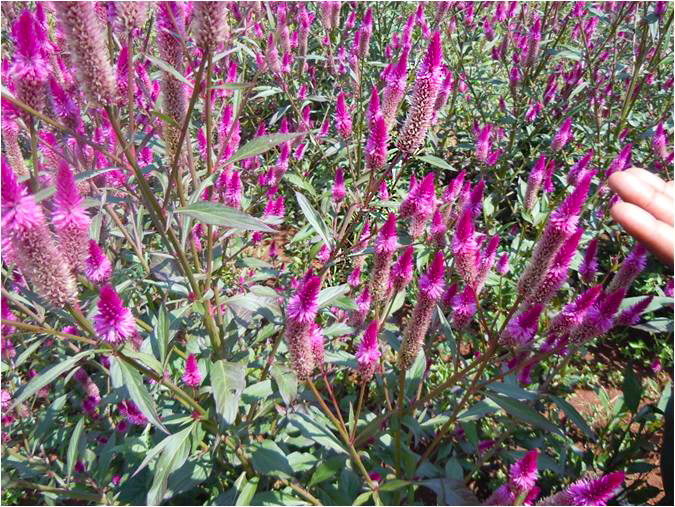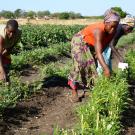
This project enhances the potential for production, utilization and marketing of African leafy vegetables in Eastern Africa. Many indigenous African leafy vegetables contain higher levels of nutrients than commonly grown "exotic" species like Swiss chard, kale and cabbage. Important species consumed include spider plant (Cleome gynandra), African nightshades (Solanum scabrum/S. villosum/S. americanum/S. tarderomotum) and amaranths (Amaranthus blitum/A. dubius/A. hybrdus /A. spinosus). These vegetables are popular in cultural diets and have potential for increased production and use in areas where traditionally grown.
Project goals are to establish a base of information and experience for greater production and use of indigenous vegetables that in the long-term will provide a source of food that improves nutrition, health and economic security for Africans, especially those afflicted with HIV/AIDs and women farmers. Project activities include imparting knowledge on appropriate germplasm, establishing or improving local seed banks, providing quality seeds for production, transferring improved production techniques to stakeholders, organizing self-help groups and analyzing markets. Participatory approaches are critical in achieving project goals and targeting disadvantaged groups.
Project Deliverables (all PDF)
- Poster presented at Horticulture CRSP Inception Workshop, May 2010
- Indigenous African leafy vegetables for enhancing livelihood security
This PowerPoint contains information on objectives, activities and outcomes of the Indigenous African Leafy Vegetables project in Kenya. - African Leafy Vegetables for enhancing livelihood security of smallholder farmers in Kenya
This poster contains information on this project including goals, objectives, activities and outcomes.

